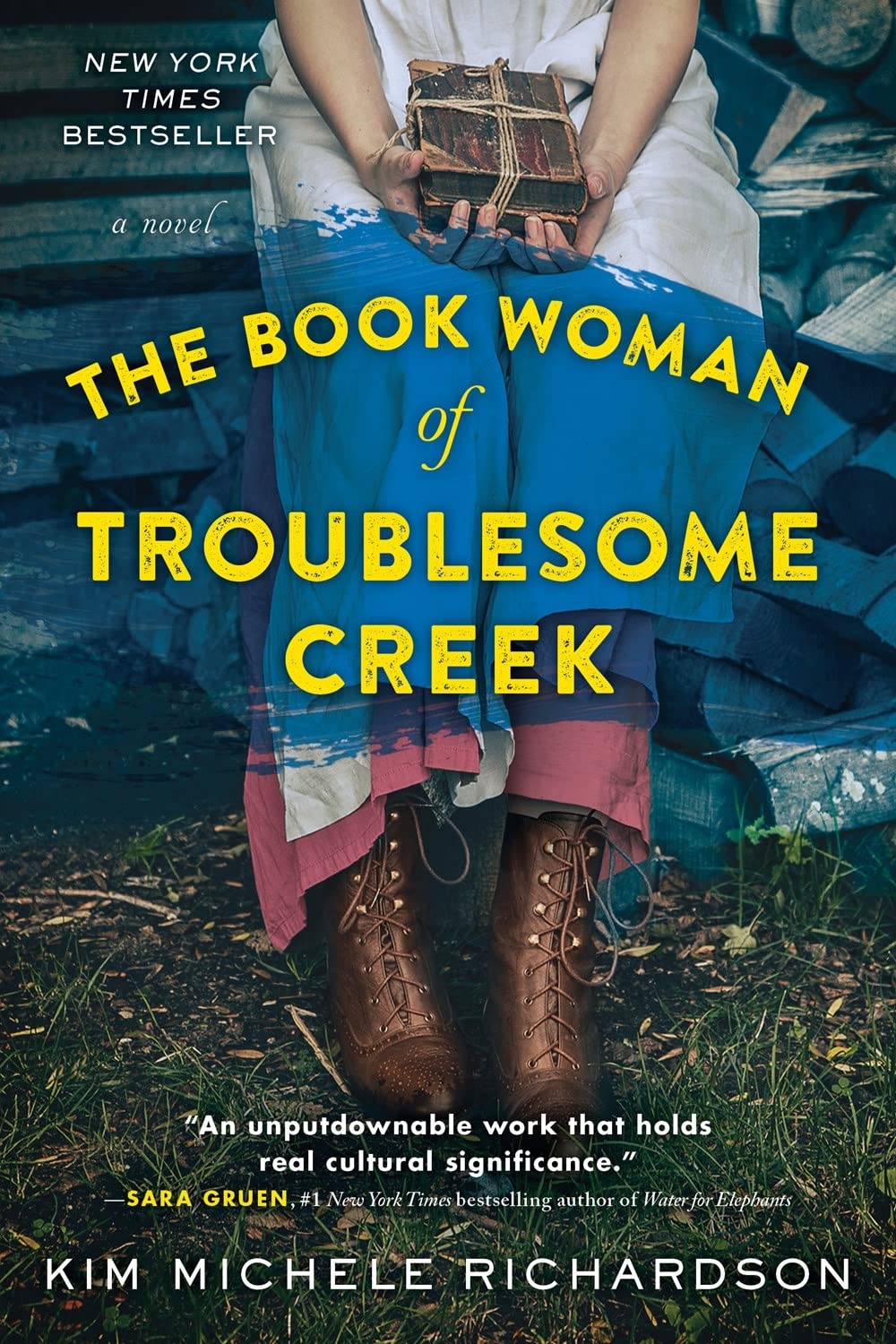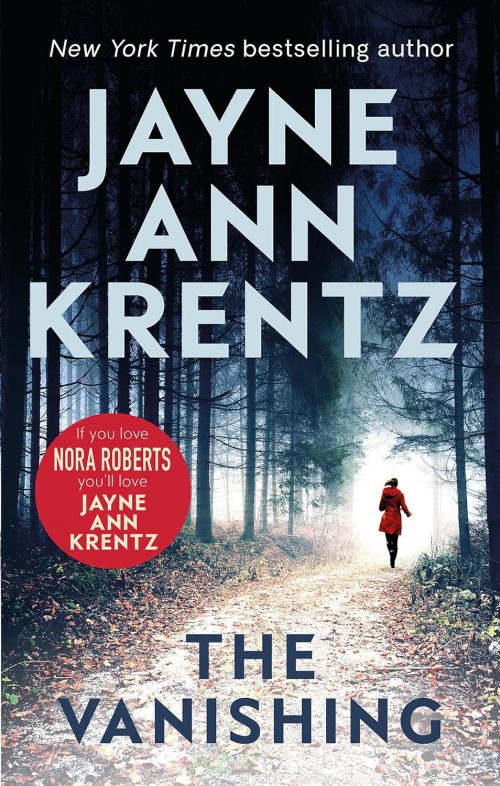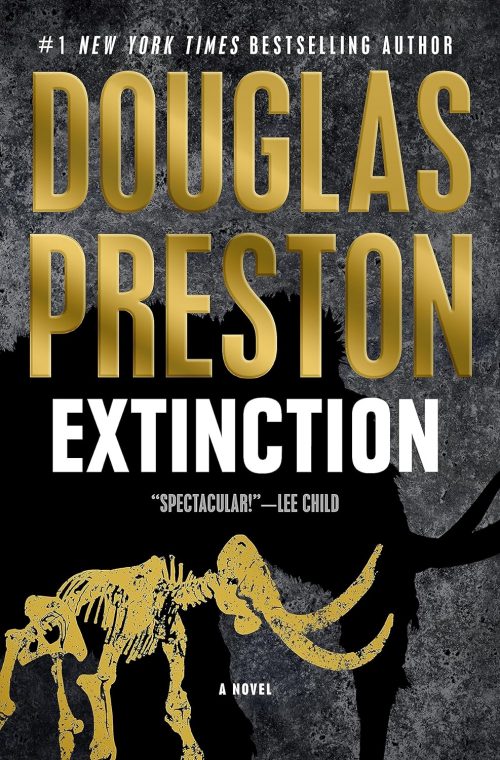The Book Woman of Troublesome Creek
In the rich tapestry of historical fiction, Kim Michele Richardson’s The Book Woman of Troublesome Creek stands out for its deep dive into lesser-known chapters of American history. Set in the 1930s in Kentucky’s Appalachian mountains, the narrative introduces readers to Cussy Mary Carter, a dedicated packhorse librarian who is determined to spread the joy of reading among her isolated community.
Taking on dual challenges as a narrative—a depiction of the historic Pack Horse Library Project initiated by Eleanor Roosevelt, and a sensitive portrayal of the “Blue People of Kentucky,” a genetic anomaly making them real but societal outcasts—Richardson delivers a compelling and educational tale. The protagonist, Cussy, often referred to as “Bluet,” is one of the last of her kind. Her rare skin color sets a backdrop for exploring themes of racial prejudice and isolation in a community deeply rooted in tradition and skepticism towards the unfamiliar.
Cussy’s character is richly developed, a beacon of resilience and compassion in the harsh realities of Depression-era Kentucky. Her love for books and her ceaseless drive to deliver knowledge and escape through literature to the rugged hills of Appalachia is the heartwarming core of the novel. Her journey is fraught with the challenges of not just geographical and physical hurdles, but also the social stigmas and racial prejudices deeply entrenched in her society.
Kim Michele Richardson’s prose is evocative and immersive, painting the stark yet beautiful Appalachian landscape with precision and care. The authenticity of dialect and setting adds a layer of richness to the narrative, making the characters and their struggles come alive. The author doesn’t shy away from the harsher aspects of the era and region, including extreme poverty, illness, and entrenched racism, lending a gritty realism to the story.
The novel is not only a tribute to the resilience of a marginalized community but also an ode to the power of literature. Through Cussy’s deliveries, we see books as lifelines, conduits of hope, education, and escape. Richardson skillfully uses the plot to underscore the significance of literacy and education, and the role of librarians as champions of these values.
However, it’s also crucial to acknowledge the structure of the novel which might seem slow-paced to some readers. The attention to detail, while rich, occasionally interrupts the narrative flow. Yet, for those with a keen interest in the era and appreciation for immersive historical detail, these are minor quibbles in what is otherwise a masterfully told story.
In conclusion, *The Book
Woman of Troublesome Creek* is a potent blend of historical recounting and heartfelt storytelling. Kim Michele Richardson deftly brings to life a narrative of defiance against odds, the transformative power of books, and the profound impact one individual can have on her community. This novel is undoubtedly a compelling pick for book clubs and any reader interested in historical fiction that speaks eloquently about a less traversed aspect of American history. It’s a poignant, educational, and ultimately uplifting tale that resonates long after the last page is turned.









Reviews
There are no reviews yet.